Women in Botswana’s Okavango Delta empowered to take up nature based enterprises
As first appeared in Botswana Guardian, here. Written by Keletso Thobega.
November 2022
Chicken farming, beekeeping and horticulture projects aim to reduce rural gender inequality
The Okavango Delta has a population of approximately 130,000 but many suffer from poverty and insecurity.
I
mage by Amaryllis Liampoti.
Many women in Botswana’s rural areas face the threat of food insecurity and poverty because limited resources hinder their livelihood opportunities.
It is against this backdrop that Save Wildlife Botswana launched a programme in the Okavango region aimed at empowering women by helping them launch group businesses to eke a decent living for themselves.
Most of these women are unemployed, single mothers or breadwinners.
In a statement for the United Nations (UN) International Day of Rural Women commemorated on 15 October 2022, the UN indicated that for the millions of rural women around the world who play essential roles in food systems, the cost-of-living crisis is deepening gender inequalities.
“Women’s contributions to these vital systems range from cultivation and production, to processing, preparation and distribution of food. Despite this contribution, women globally have less food security than men, and the gap has grown,” the statement reads.
Without equal access to land and other productive resources, the UN says women are not able to accumulate comparable assets, income and savings, and these gaps are widening also. This is especially acute where social protection is lacking and where rural women and girls face other forms of discrimination.
Having observed first hand this in the communities that they operate in, the SAVE Wildlife business pilot programme will be rolled out in the villages of Nxaraga (beekeeping), Quoqua (horticulture) and Matsaodi (artefacts and curio shop).
The aim of this project is to bolster the economic prospects of the women in the region, and also encourage them to develop viable and sustainable businesses that not only earn them money but also fall into the conservation and environment protect spectrum, SAVE Wildlife representative Tirelo Ramasimong, said.
He added that the projects include a horticulture project that will use a water system, a beekeeping farm, chicken farm and an arts and curio shop that will serve tourists visiting the area.
The women will also receive training in bookkeeping and marketing in order to equip them with sufficient business management skills that will allow them to manage and run sustainable business projects.
This development follows the recent official recognition of rural community committees, which are anticipated to help mobilise resources and run sustainable projects that benefit communities, particularly in areas that are near tourist or conservation areas.
Minister of Environment, Natural Resources Conservation and Tourism, Philda Kereng said recently that Botswana has endorsed and supported the establishment of a rural communities’ committee, which will be an advisory body on rural communities that will assist in optimal use of natural resources to transform the economy and uplift livelihoods. The committee will also “support tourism value chains that ensure local communities benefit from their natural resources,” Kereng said.
This article is reproduced here as part of the African Conservation Journalism Programme, funded in Angola, Botswana, Mozambique, and Zimbabwe by USAID’s VukaNow: Activity. Implemented by the international conservation organisation Space for Giants, it aims to expand the reach of conservation and environmental journalism in Africa, and bring more African voices into the international conservation debate. Written articles from the Mozambican and Angolan cohorts are translated from Portuguese. Broadcast stories remain in the original language.

